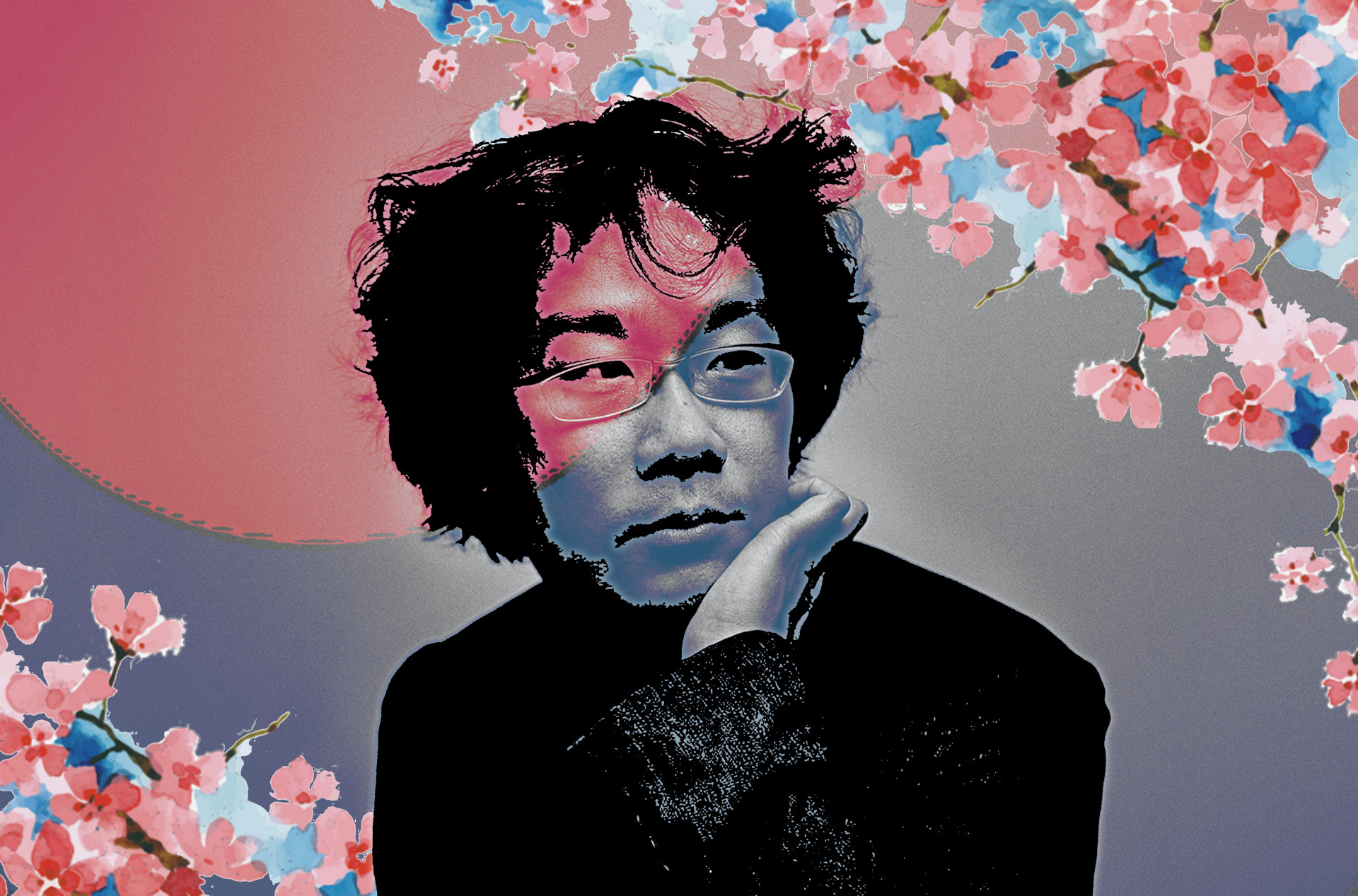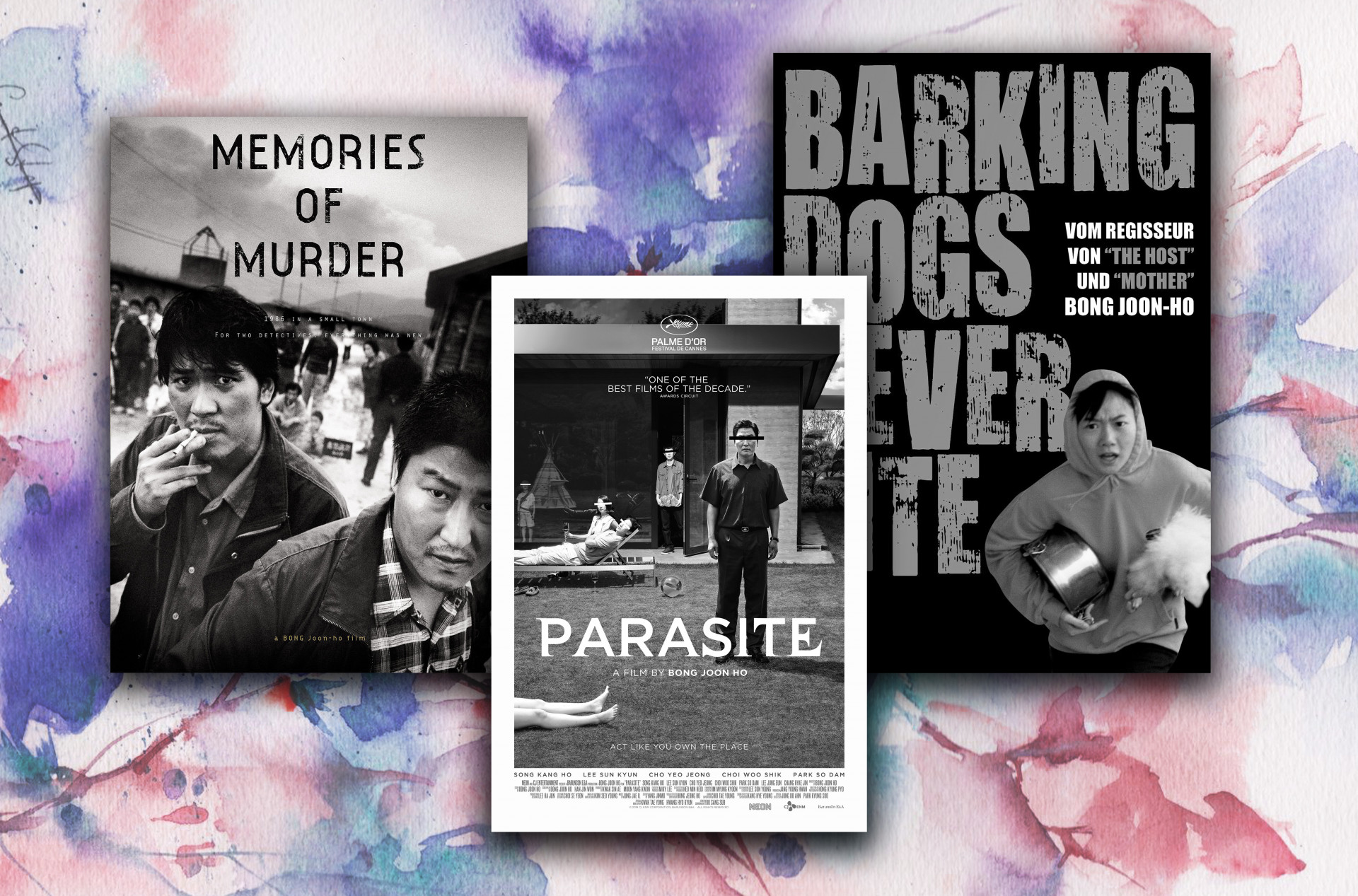
In light of his dazzling Golden Globes awards speech, where he tells the world, ‘once you overcome the one-inch tall barrier of subtitles, you will be introduced to so many more amazing films’, Bong Joon-ho seems to be making his mark in modern Hollywood cinema, guided by his genre-bending tragicomedy Parasite (2019) and its flavourful layers of family drama, social class tension, and romance.
Born in Daegu, South Korea, Bong was surrounded by a familial community of artists, with his father being a graphic designer, his grandfather an author, his brother an English literature professor and his sister a fashion designer. It was not surprising, therefore, that Bong himself soon developed a fascination for the artistic creativity offered by the world of cinema and its multi-layered combination of screenwriting, producing and directing. After enrolling in the Korean Academy of Film Arts and spending the next seven years making short 16mm films, now and then contributing to works by other notable directors such as Park Ki-yong’s Motel Cactus, Bong finally released his debut directorial work, Barking Dogs Never Bite (2000), a satirical dark comedy about an out-of-work college professor who resorts to kidnapping barking dogs due to the excess of noise in his apartment building. The film received mainly favourable reviews, but was still deeply entrenched in anonymity, passed on solely through the lips of cult film-oriented critics and screened predominantly in marginalised venues.

His second film, which functioned as a vessel into Bong’s mainstream popularity within the Korean film industry, is titled Memories of Murder (2003) and examines the true story of Korea’s first serial murders in history taken place between 1986 and 1991. In keeping with his interest in tales of mystery, murder and psychological intrigue, the film received an abundance of critical praise in view of Bong’s realistic treatment of the all- too human desperation of his key characters. Its evident genre-mixing also foreshadows the melting pot of timely social themes, black humour and emotional drama that later manifests itself in his well-known feature films such as The Host (2006), Snowpiercer (2013) and Okja (2017).
Being the first Korean film to win the Golden Globe award for best foreign-language film, Parasite has achieved, in an extraordinarily short span of time, unprecedented heights in the field of foreign filmic representation, bringing to light the lack of recognition prevalent within Asian cinema, both in terms of critical reception and distribution opportunities. To quote Bong himself, ‘I think we only use one language: the cinema’, the revolutionary success of Parasite seems to remind us as audiences that the act of storytelling constitutes of more than just divorced, unanimated prints of dialogue and instead indicates the global unity inherent within the nature of cinematic language.
Bong, along with Adam McKay, is set to be the executive producer to the upcoming American TV series adaptation of Parasite for HBO.
Words by Shir Ariya
Graphics by Katie Janes
, , , , , , , , , , ,






